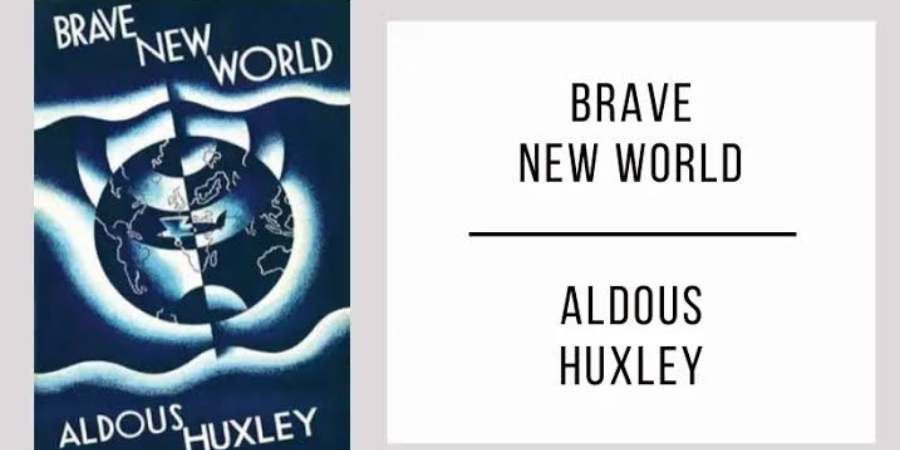

In Aldous Huxley's classic novel "Brave New World," he paints a haunting picture of a future society driven by scientific advancements, pleasure, and conformity. Published in 1932, Huxley's prophetic tale remains relevant today, challenging readers to contemplate the potential consequences of unchecked progress and the loss of individuality. This article provides a comprehensive summary and review of "Brave New World," exploring its themes, characters, and societal implications.
Summary:
"Brave New World" unfolds in a dystopian future where the world is divided into genetically engineered social classes. The citizens of this world are programmed to follow a specific caste system, devoid of personal choice or independent thought. They are conditioned from birth to embrace their assigned roles, adhere to strict social norms, and pursue pleasure above all else.
The story primarily follows Bernard Marx, an Alpha Plus member of the ruling class, who feels alienated from society due to his physical appearance and dissident thoughts. He embarks on a journey to the Savage Reservation, where traditional human values still exist. There, he encounters John, an outsider raised on Shakespeare's literature and longing for authentic human connection. Bernard brings John back to civilization, hoping to disrupt the status quo, but chaos ensues.
As the narrative unfolds, readers witness the clash between the Savage's idealistic worldview and the shallow pleasures of the dystopian society. The novel explores themes of individuality, freedom, the loss of humanity, and the dangers of a society consumed by instant gratification and excessive control.
Review:
Aldous Huxley's "Brave New World" is a thought-provoking and unsettling masterpiece that continues to resonate with readers. Huxley's vivid and evocative writing style immerses readers in a meticulously constructed world that challenges their own beliefs and societal norms.
The novel's greatest strength lies in its ability to raise profound questions about the cost of progress and the loss of individuality in the pursuit of utopia. Through the characters of Bernard and John, Huxley brilliantly captures the human struggle against conformity and the yearning for true connection in a world dominated by shallow pleasures.
Huxley's critique of a society focused solely on hedonism and the suppression of individuality remains relevant today. The constant pursuit of pleasure and the erasure of dissenting voices present in the novel serve as cautionary tales against sacrificing personal freedoms in exchange for societal stability.
The author's use of vivid imagery and symbolism enhances the reader's experience, allowing them to delve deep into the characters' struggles and the broader societal implications. Huxley's juxtaposition of the sterile, technology-driven World State with the raw emotions and primal desires of the Savage Reservation underscores the novel's central themes.
"Brave New World" also serves as a powerful commentary on the dehumanizing effects of advanced technology and mass production. The relentless pursuit of efficiency and uniformity in Huxley's world strips individuals of their uniqueness and reduces them to mere cogs in a soulless machine.
"Brave New World" remains a timeless and haunting exploration of a dystopian future driven by conformity and pleasure. Aldous Huxley's visionary novel raises profound questions about the human condition, individuality, and the consequences of sacrificing personal freedom for societal stability. Its relevance in today's world makes it essential reading for those interested in exploring the potential pitfalls of unchecked progress and the preservation of human spirit.
